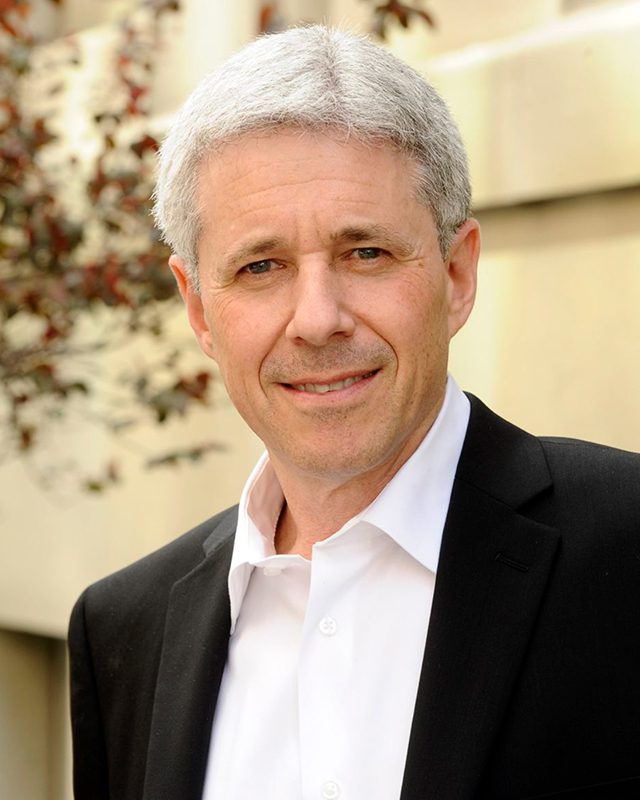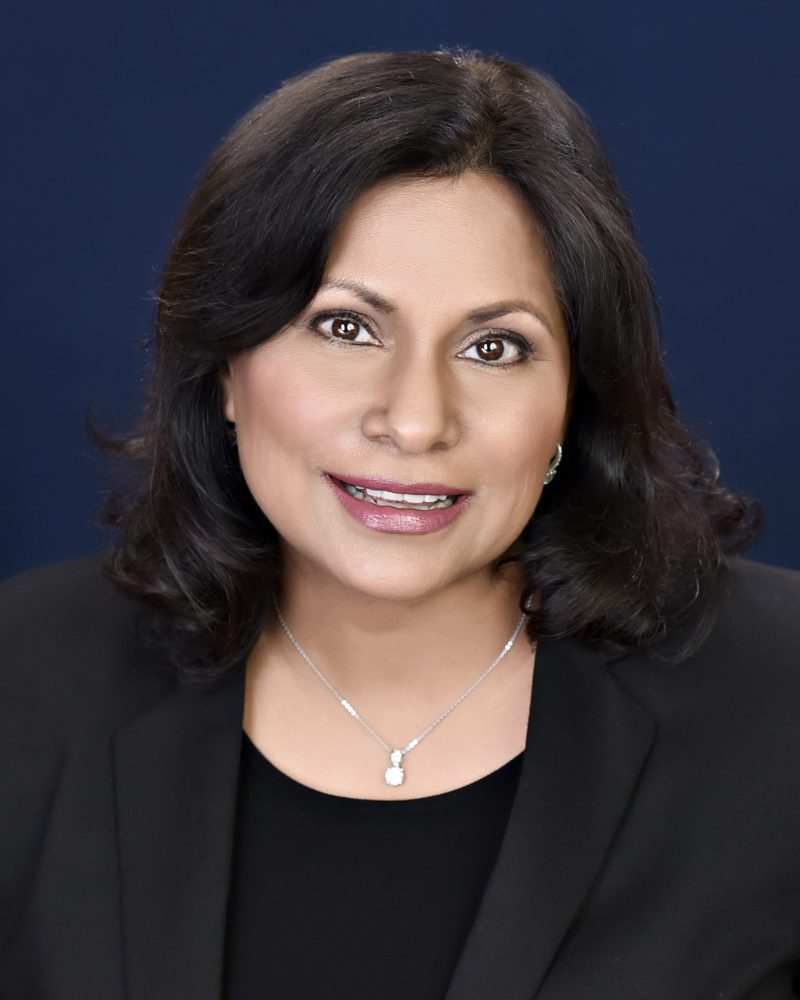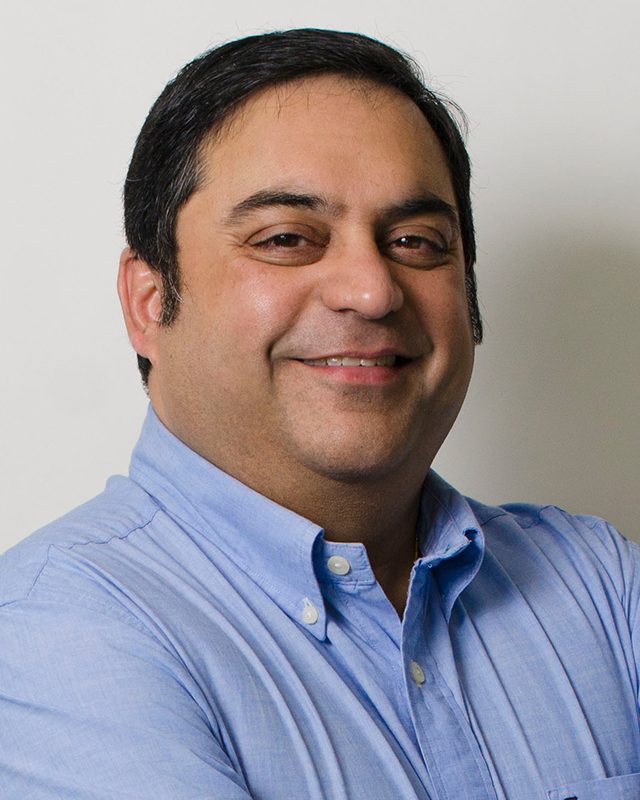This month, members of the Ontario Medical Association begin voting for the next president of the Canadian Medical Association.
Ahead of the election, which runs from Feb. 15 through March 7, Healthy Debate decided to put four questions to each of the candidates. Each day this week, from Monday through Thursday, we present all of their answers to one of the questions. We’re calling this series “Four for four,” and we believe it offers a unique opportunity to get to know the candidates and gain an understanding of the next president of the CMA.
The four candidates are: palliative care physician Dr. Sandy Buchman; psychiatrist Dr. Mamta Gautam; emergency physician Dr. Atul Kapur; and family physician Dr. Darren Larsen. Below, they answer the last of the four questions Healthy Debate asked.
Read their answers to the first, second and third questions.
When it comes to the federal government’s proposed tax changes on incorporated businesses, I feel physicians…
I feel that physicians were unfairly vilified in the press over the tax change issue. The media and government highlighted legal tax deferral opportunities afforded physicians through medical practice corporations as being evidence of greed. But there is a more honest story. Physicians pay significant taxes both before and after take-home pay. For instance, we are zero rated for HST. Therefore doctors must pay HST on purchases but cannot recoup it from our patients as retailers can from their customers. Many doctors are in a high tax bracket and pay consistently, in line with other professionals. Physicians in Ontario were offered incorporation as an alternative to fee increases in a PSA negotiation over a decade ago. This uploaded a cost from the province to the federal government, perhaps unfairly.
I believe that physicians should pay their fair share of tax as part of a socialized democracy. I also believe that we do. We should not be given extra advantages, but neither should we be unfairly singled out.
I want to see significant tax reform happen in Canada. The world has changed significantly in the decades since this was last done, and the tax system has become far too complex. But large-scale change cannot be done with 75 days of consultation. It will take a few years of significant work to simplify and provide fairness in our tax structure. CMA can hold the federal government accountable as it is one of the most influential voices on Parliament Hill.
I am not afraid to have these tough conversations. I am bold enough to stand up and make our collective opinion heard and to promote fairness. I believe in innovating and modernizing, and know that a good solution can be found. More details are in my recent online post at http://larsen4cma.com/the-small-business-tax-issue/. Have a look.
Dr. Darren Larsen is a family physician with Women’s College Hospital Family Practice Health Centre and Chief Medical Information Officer for OntarioMD.
When it comes to the federal government’s proposed tax changes on incorporated businesses, I feel physicians…
…have to be treated fairly by not abruptly withdrawing the benefits of incorporation which were given to physicians in lieu of well-earned fee increases. This is especially unjust when no replacement benefits, such as parental leave, health care, vacation or pension benefits, have been offered in their place.
However, in retrospect, utilizing the federal tax system to provide the current financial benefits which physicians accrue by being incorporated was probably not the best or fairest way of providing improved remuneration for physicians. For provincial governments, such as Ontario’s, it was a brilliant strategy as they did not have to pay more for physician services and thus could limit budget and tax increases. And they did not have to have prolonged and difficult negotiations with provincial and territorial medical associations.
I believe that physician service agreements must now also include benefits (health, parental leave, vacation, pension etc.) as well as better working conditions to improve physician health and well-being and reduce burnout. It is time. Only when there is agreement should federal tax changes be permitted. But in the absence of any provincial willingness to negotiate around the provision of these benefits and conditions, and in the absence of long-term planning to do so, the current tax changes and proposals are not fair for physicians.
I do acknowledge that there are a considerable number of physicians across the country who wish to see a fairer and more equitable tax system overall for all Canadians that contribute to a reduction in income disparities which negatively impact the health of Canadians. This perspective is critical and important and I support it. And it also provides all the more reason to advocate for fairness for physician remuneration, benefits and working conditions as part of provincial physician service agreements in the future.
Dr. Sandy Buchman is a palliative care physician providing home-based palliative care through Mount Sinai Hospital and palliative care for the homeless through St. Michael’s Hospital in Toronto.
When it comes to the federal government’s proposed tax changes on incorporated businesses, I feel physicians…
…will be grossly and unfairly impacted. I am deeply concerned about the proposed federal tax changes for incorporated businesses, which could create a 73 percent effective tax rate on the earnings from investments held inside professional corporations, and eliminate income splitting. When initially announced, physicians were offended by the implication that they were “tax cheats,” when they were honestly using the right to incorporation won through collective bargaining and in lieu of pay increases.
The loss of these benefits will affect physicians and their patients. It will impact doctors at all stages of their careers, both financially and by potentially increasing risk for burnout. Medical students and residents have taken on a huge debt load to study medicine, expecting to incorporate a future practice and service their debt faster. New physicians use incorporation to pay all expenses of their small businesses. Incorporation allows a woman physician to plan for maternity leave and still cover business expenses while away. Income splitting to pay spouses who stay home with children is an investment in the business. At retirement, incorporation allowed one with no pension to retire with financial savings.
Many Canadian physicians are discouraged, and are considering reducing the number of work hours, taking early retirement or moving. This will impact patient care in areas of our country where there is already a shortage of physicians, further decreasing access to timely care. The government needs to be focusing on recruitment and retention of physicians, not driving them away.
In September 2017, I helped organize and lead a march to Parliament Hill during the Ottawa FMWC meeting to protest the proposed tax changes. The CMA has actively worked to raise concerns, advocate for physicians, and I will continue to work with them to address this concern.
Dr. Mamta Gautam is an Ottawa-based psychiatrist, and an expert in physician health and physician leadership.
When it comes to the federal government’s proposed tax changes on incorporated businesses, I feel physicians…
We need to respond that this is the wrong course. The problem with our tax system is not private corporations; there are several other sources of unfairness, such as the extensive system of exemptions that have been created for special interests as well as other examples of loopholes that have recently been publicized.
This shortsighted proposal from the federal government – a gesture to look like they were fighting for tax fairness – needs to be withdrawn and the government needs to look at a more comprehensive review of the tax system. True reform of taxation cannot be done haphazardly with uncoordinated individual measures.
Some of our colleagues support the proposals as a step towards overhauling the tax system and as a way of accessing more resources for policy measures that would improve the social determinants of health. While I defended my colleagues’ right to express their views at last year’s CMA annual meeting (and will always stand in favour of respectful dialogue), I cannot agree that these measures will lead to any such positive outcome. Experience shows, unfortunately, that the government will likely stop here rather than continuing to proceed to the much larger issues mentioned above that truly undermine our tax system. As well, the amount of revenue the government projects it will gain from this costly gesture will not have a meaningful impact on social programs.
Dr. Atul Kapur is an emergency physician in Ottawa, political advocate and proponent for a smoke-free Canada.






The comments section is closed.